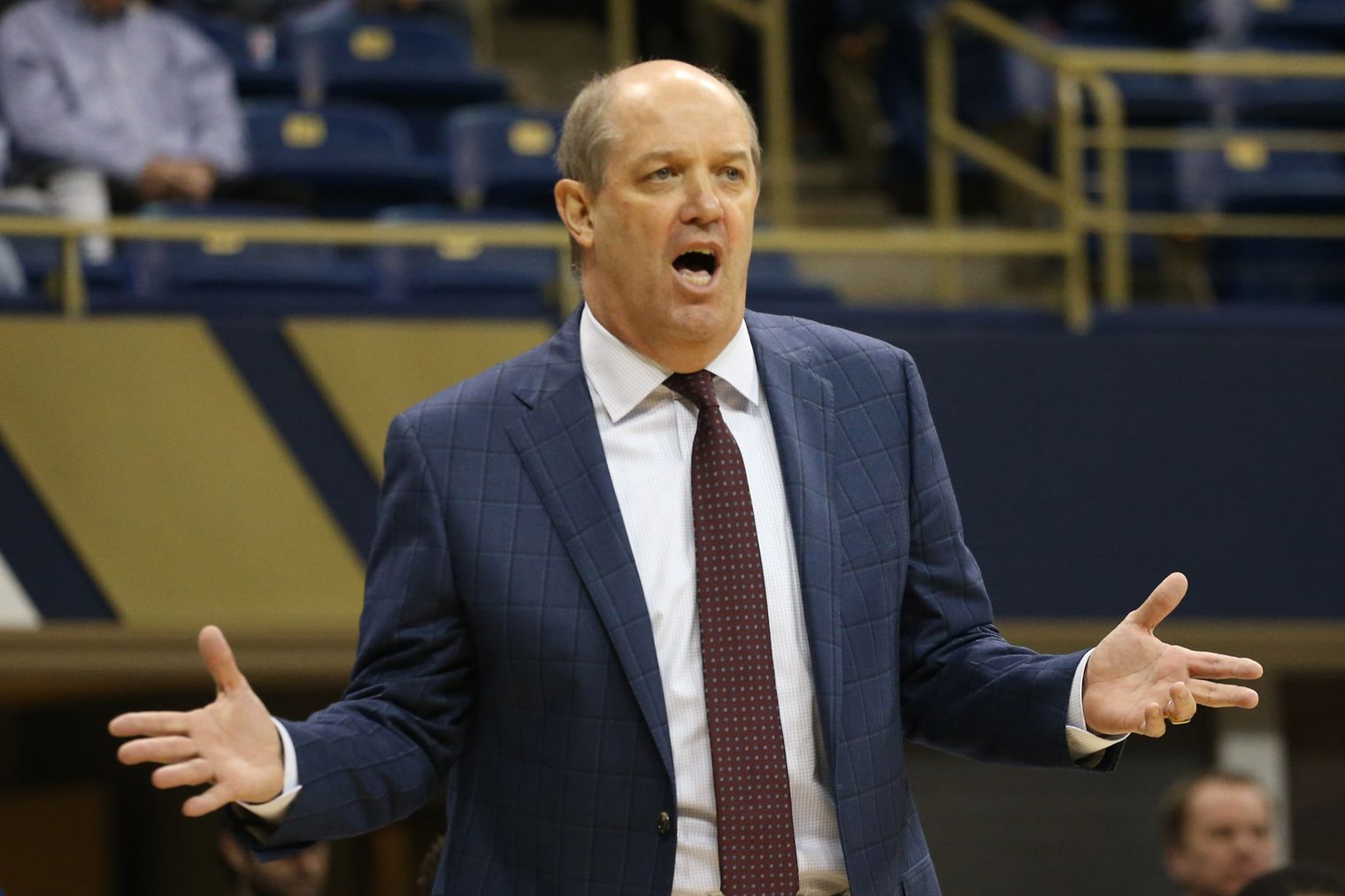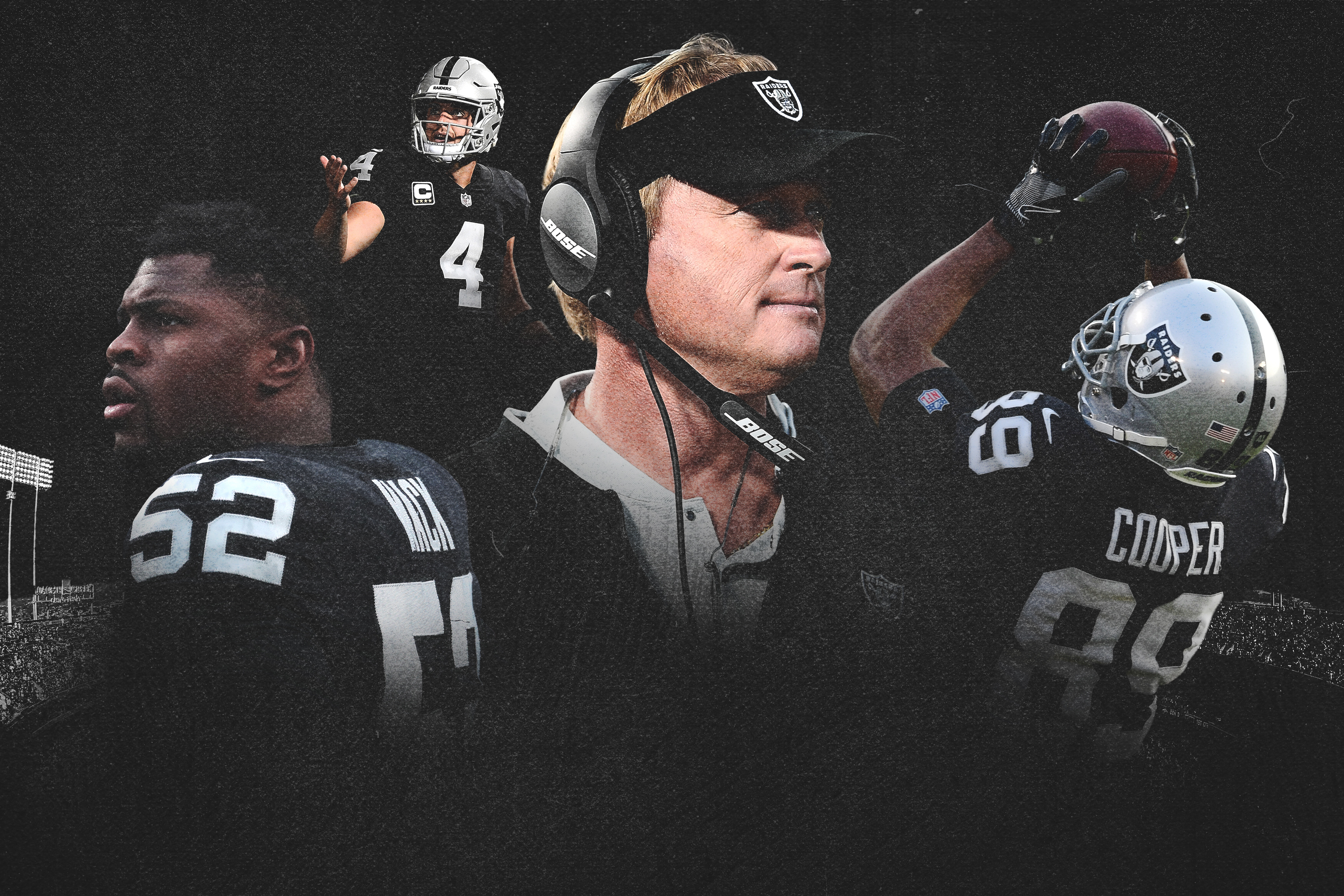The National Football League (NFL) has a very loyal fanbase and is the most popular sport to bet on in America today. Its championship final, the Super Bowl, is watched by over one hundred million Americans each year, and a vast number of bets are placed on it. Fans get caught up in the emotion of the season, and passions run high when their favorite teams are on the up, or going through a losing streak.
Sportsbooks know that fans are often influenced by their emotional attachment to teams, so the best sportsbooks give them access to information on all teams for more balanced betting decisions. BetUS, for example, has a whole section of its site dedicated to the NFL, where bettors can find match predictions, team reviews, player stats and more.
It’s unsurprising that fans often get swayed by their emotions when placing a bet. However, staying objective is wise, as emotions have been known to cloud betting choices. In this article, we’ll take a careful look at how emotional attachments affect NFL betting choices and how bettors can take a step back and make more impartial choices.
Loyalty To The Team
The NFL first began in 1920, with just 14 charter teams, in 13 towns. Since then, its popularity has grown, and the sport has spread across the United States. Many fans have grown up with the game, and supporting certain teams can run through families and communities. So, supporting a team isn’t just a question of liking their strategy or skill level; it can also be a very deep emotional connection.
It can be really hard for fans to separate their loyalty to their team from the reality of how they are performing. Placing a bet can often be as much about how you hope things will turn out as it is about proper analysis of the team’s performance.
FOMO – Fear Of Missing Out
People can be very influenced by what others are doing around them. They look at others, see their choices, and assume that it can’t be wrong if enough people do the same thing. Of course, this has proven to be an incorrect assumption time and time again. However, we still tend to follow the crowd.
In betting, this effect is often observed. Fans can be easily influenced in their betting choices by what others in their social group are doing. Also, they are often swayed by the opinions of commentators, reviewers, and even social influencers.
Being influenced by others can lead to poor choices in betting, as bettors can act against their better judgment because of FOMO. They can also rush to make decisions, as they don’t want to miss out on a perceived betting opportunity.
Optimism Bias
The idea that everything will work out, in the end, is a common perception in life. It also applies to betting where bettors feel they will win eventually if they keep betting a certain way which can lead bettors to overestimate their chances of winning or underestimate the risks.
How To Manage Emotional Attachments in Sports Betting
Understanding the risks of emotional attachment betting on the NFL is the first step in learning to avoid it. There are some measures that bettors can take to prevent themselves from falling into the trap of acting impulsively and betting irrationally. Here are a few tips to take some of the emotion out of betting:
- Avoid listening to others: It’s not easy to avoid what others say, but focusing on the facts is important.
- Do your research: If you’re thinking of placing a bet on a game, make sure you carry out some research on each team. Factors like their previous matches, the player profiles, and whether it’s a home or away match can all affect the outcome and how you should bet.
- Set a strict budget: It’s very easy to get carried away when betting, so it’s always wise to set a budget and stick to it.
Always Remember to Think Before You Bet
The NFL season lasts for six excitement-packed months every year and culminates in one of the most spectacular sporting events in the American calendar – so it’s understandable that bettors can become caught up in a cycle of emotional betting choices. However, it’s vital to be able to step back and detach our emotional attachments from our betting choices so that more balanced and better choices can be made.







